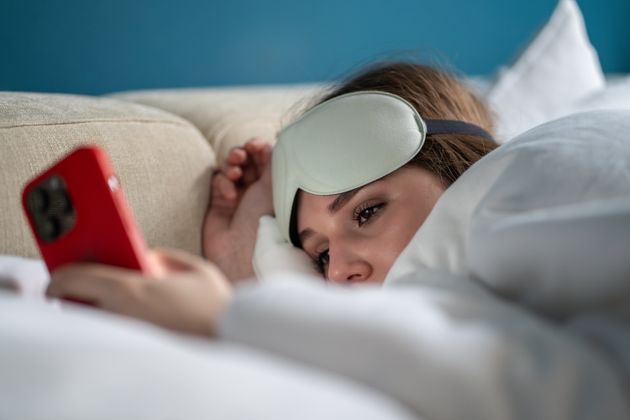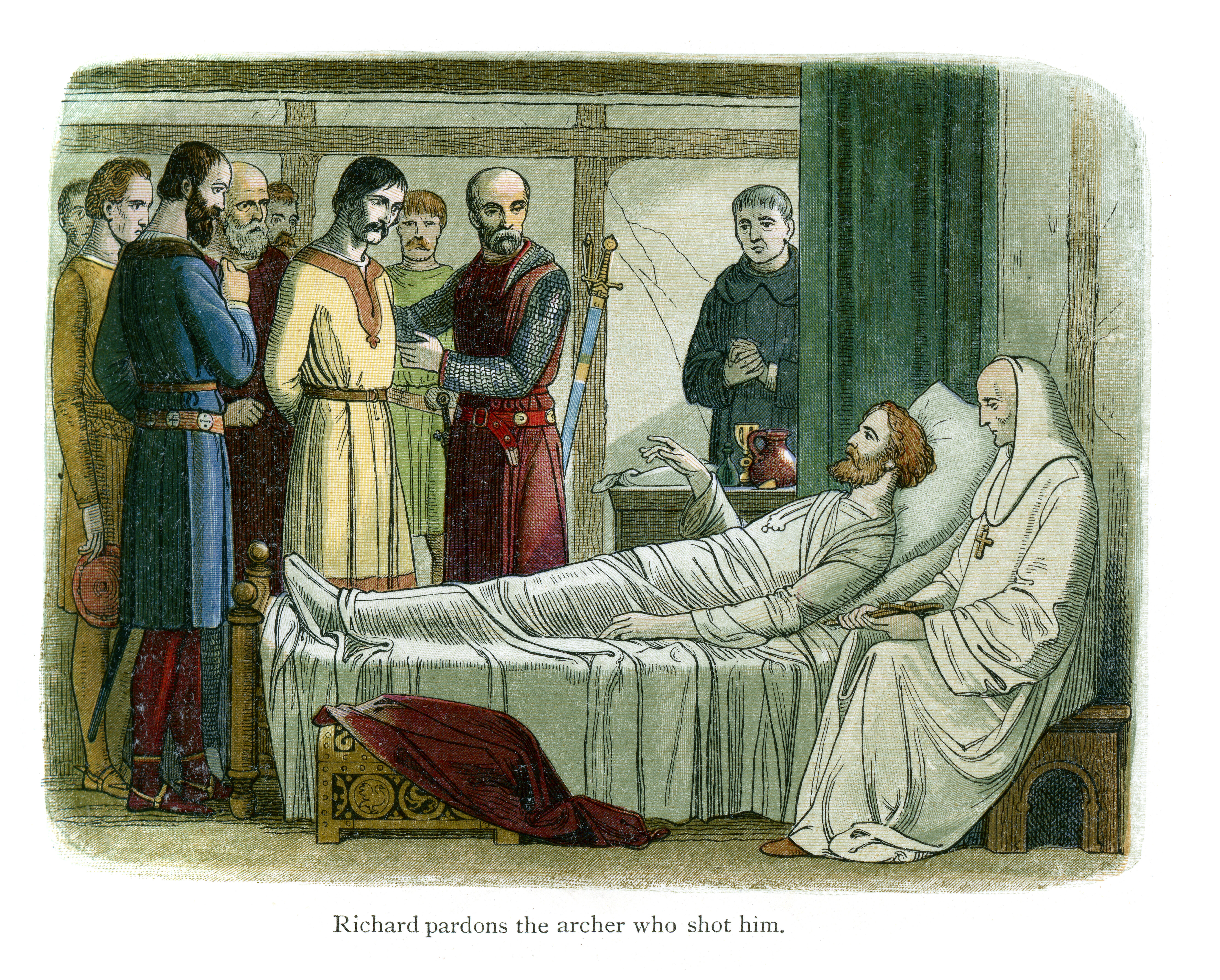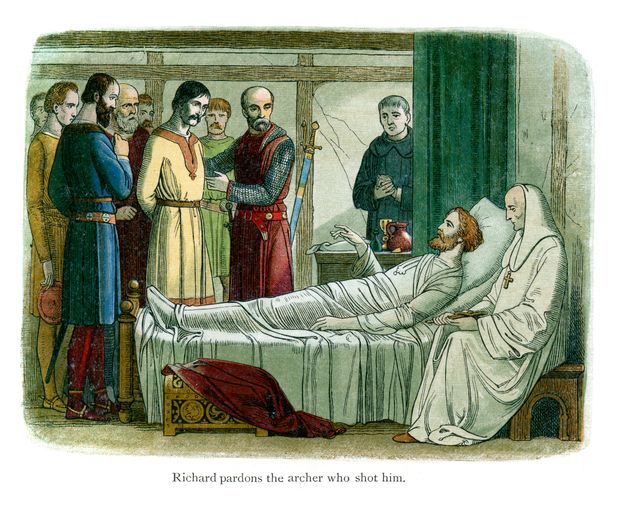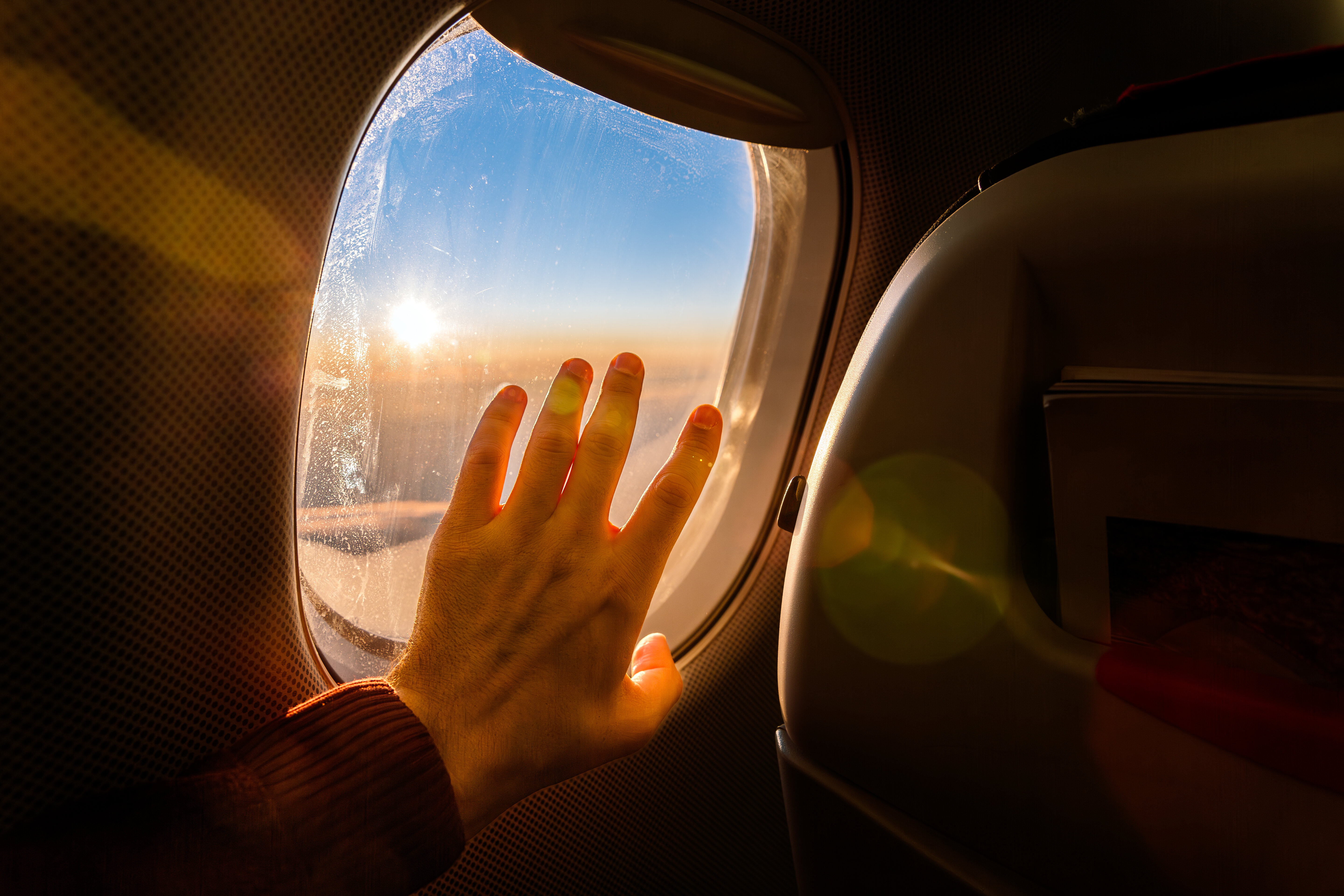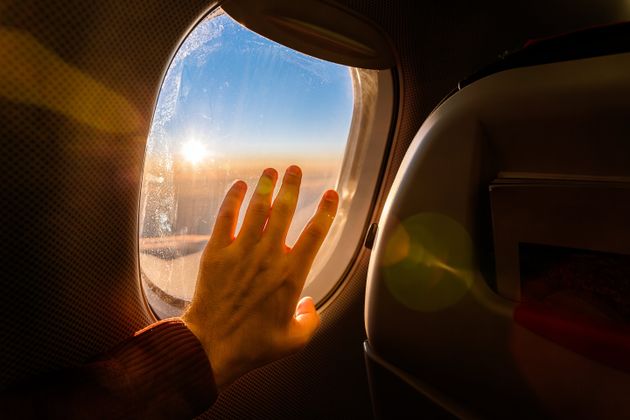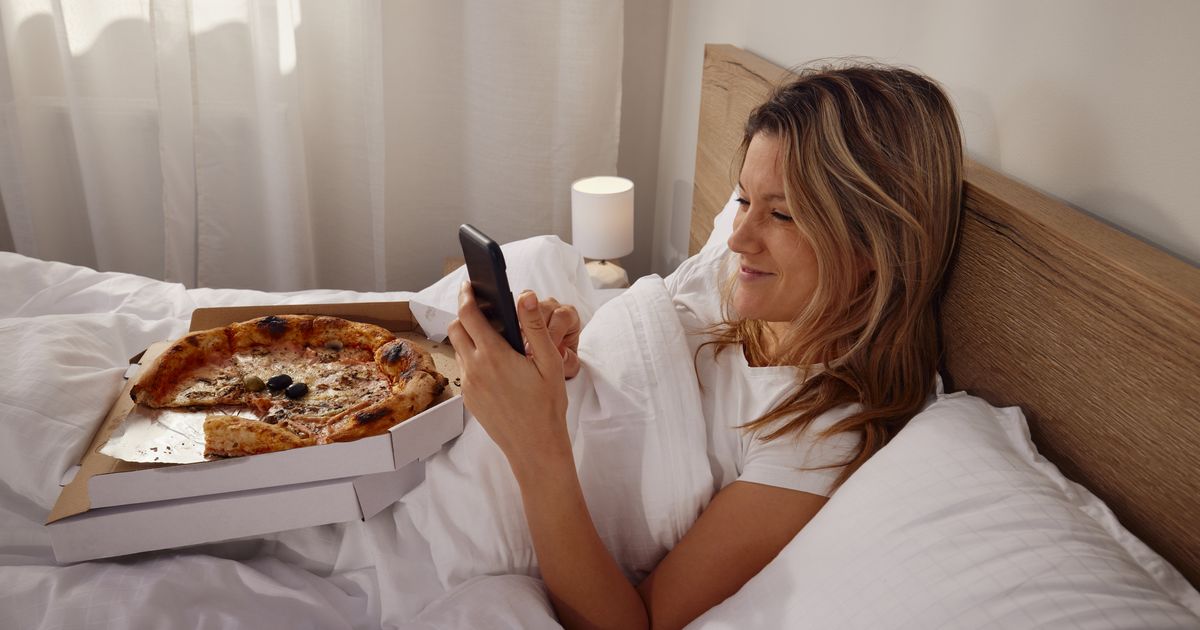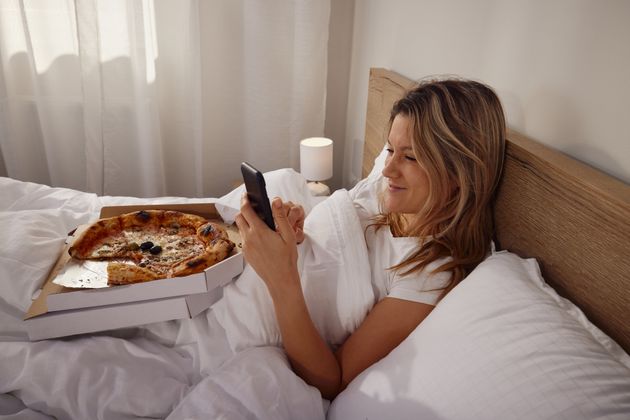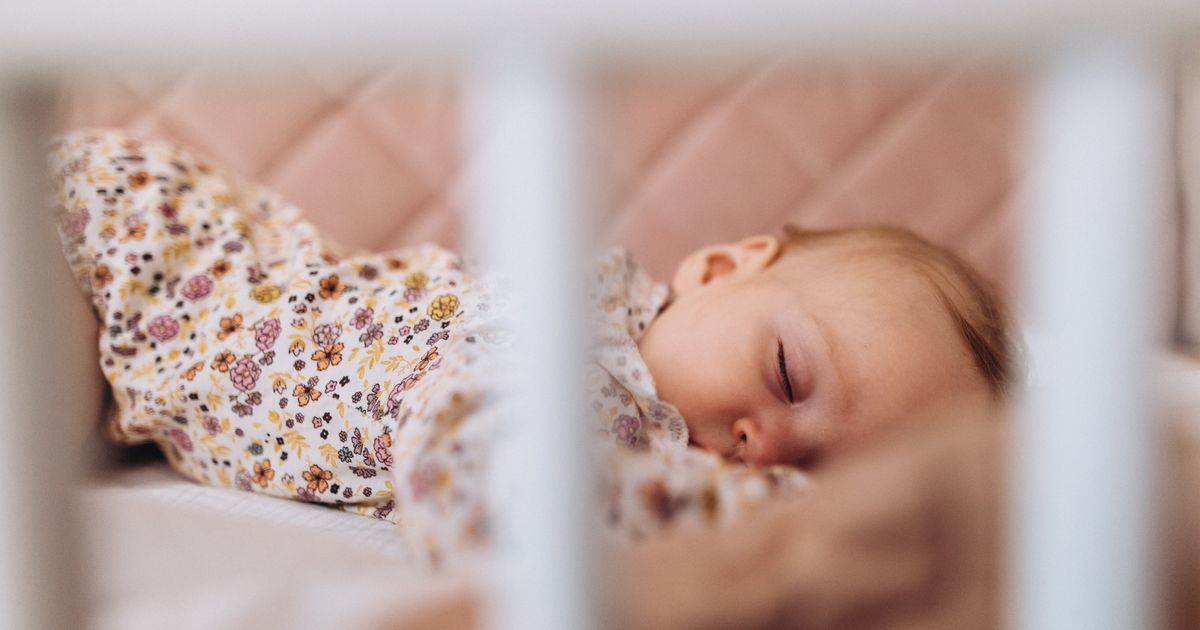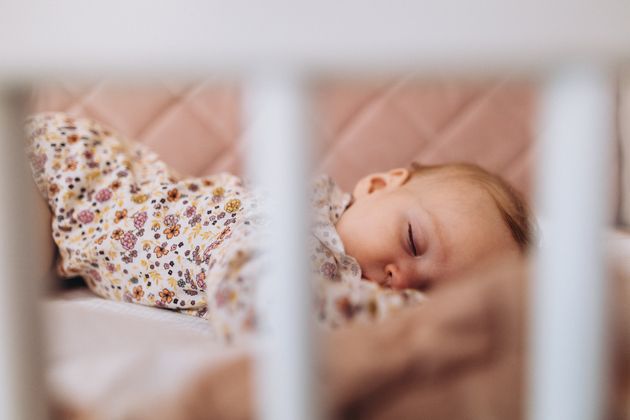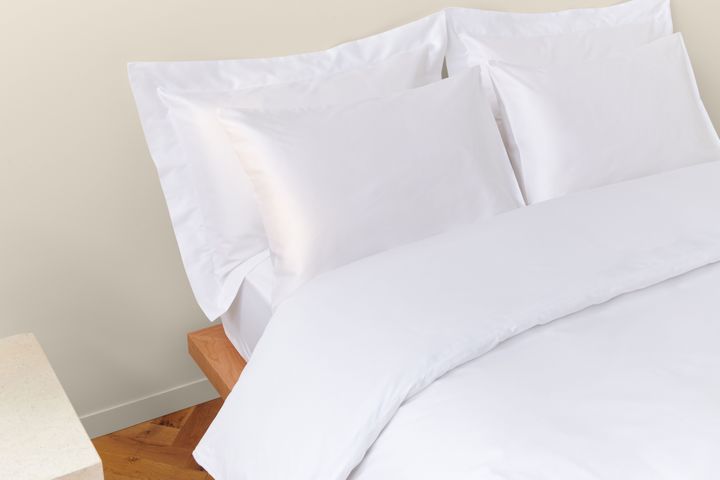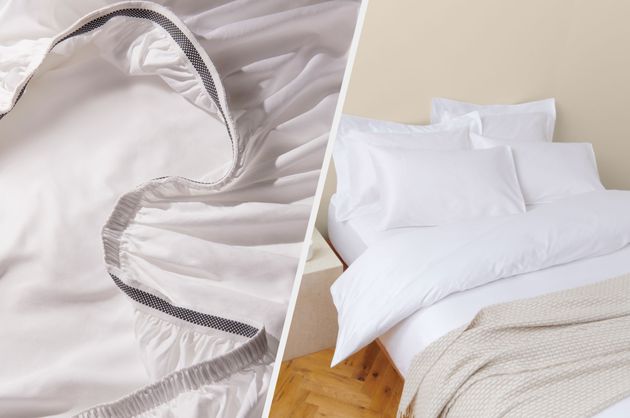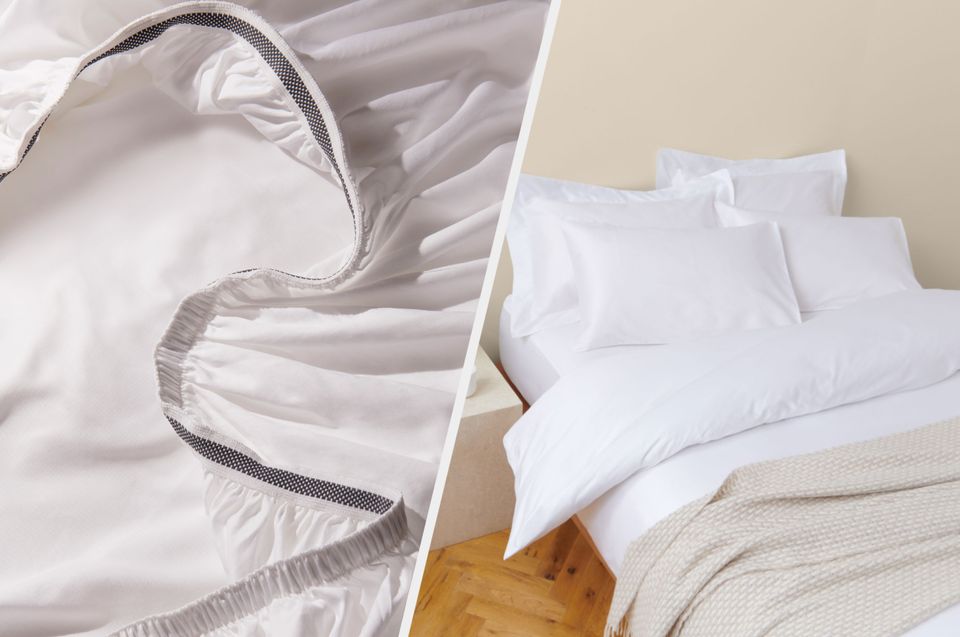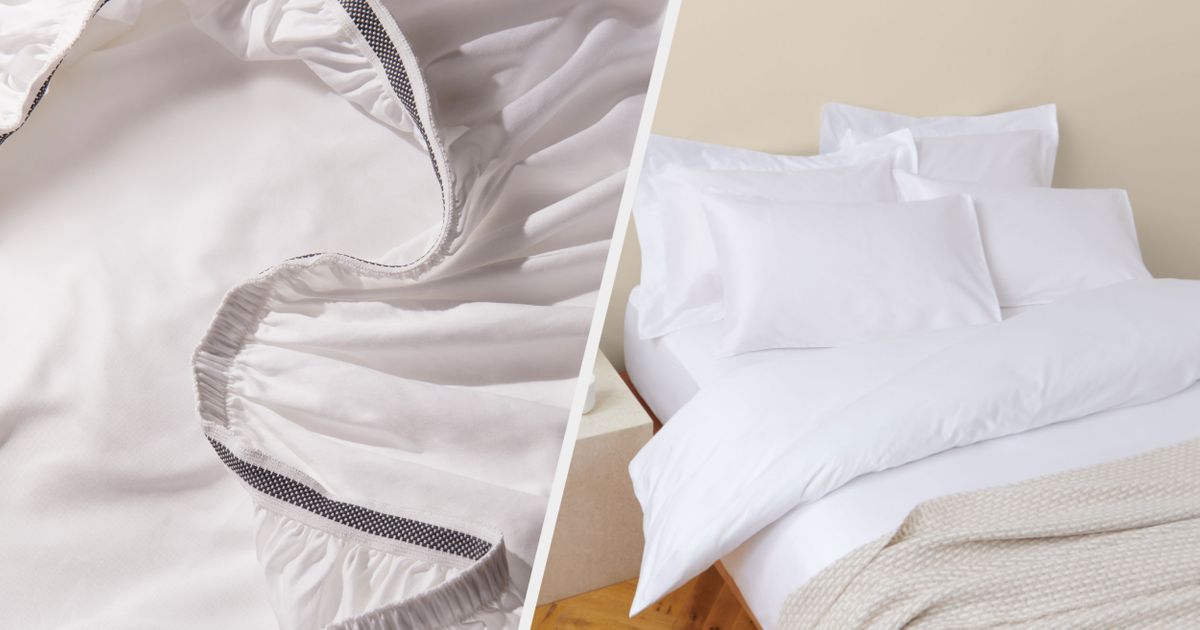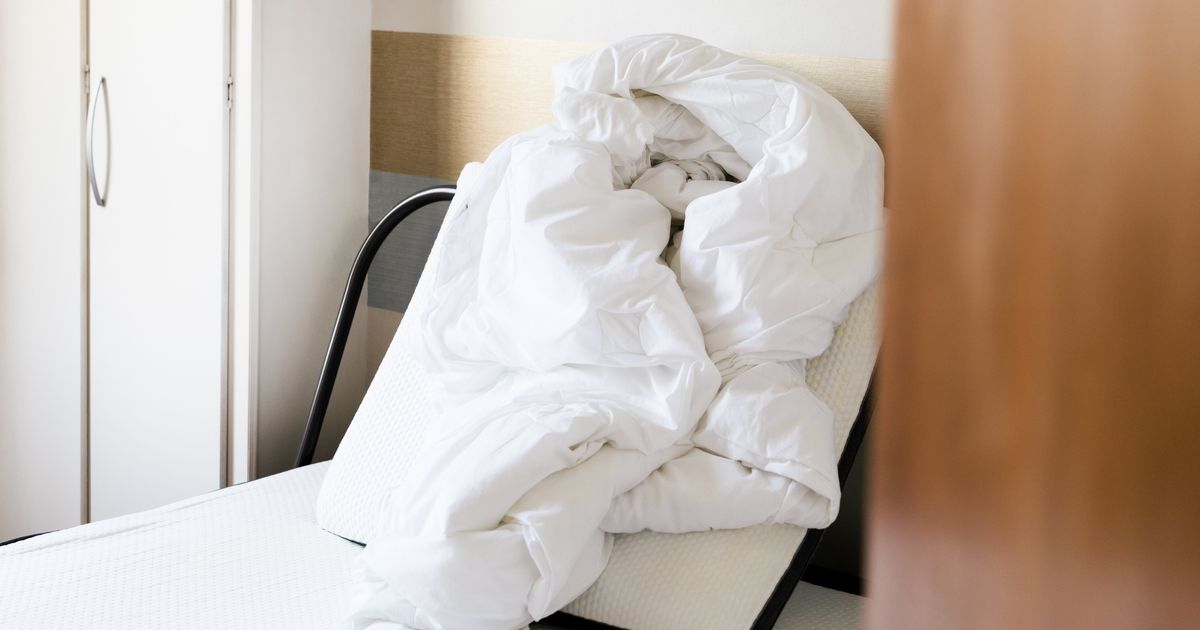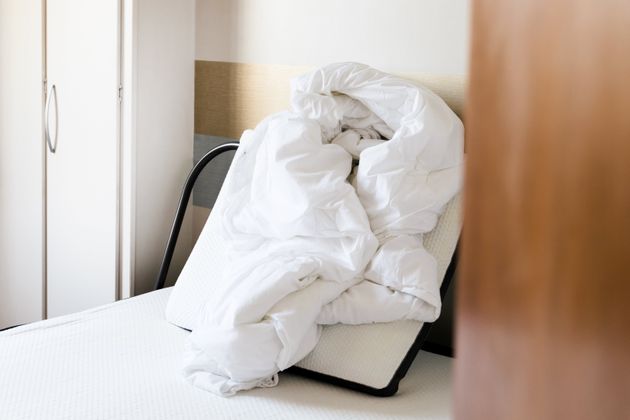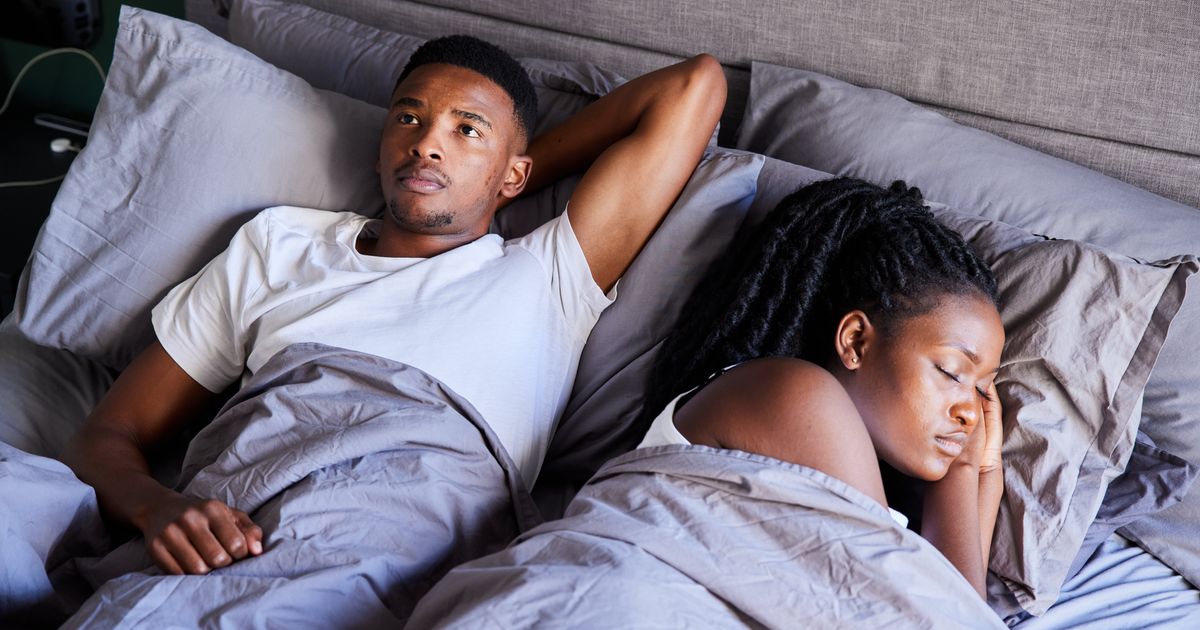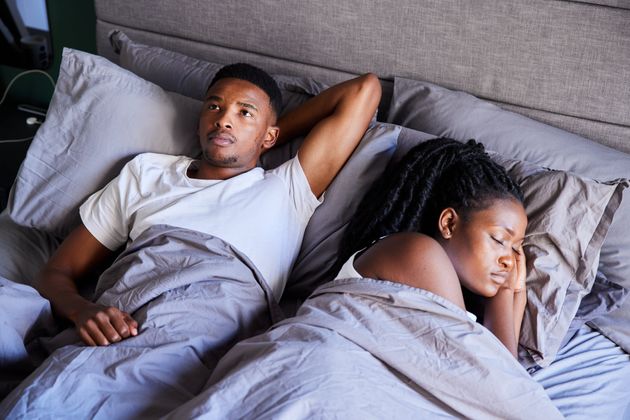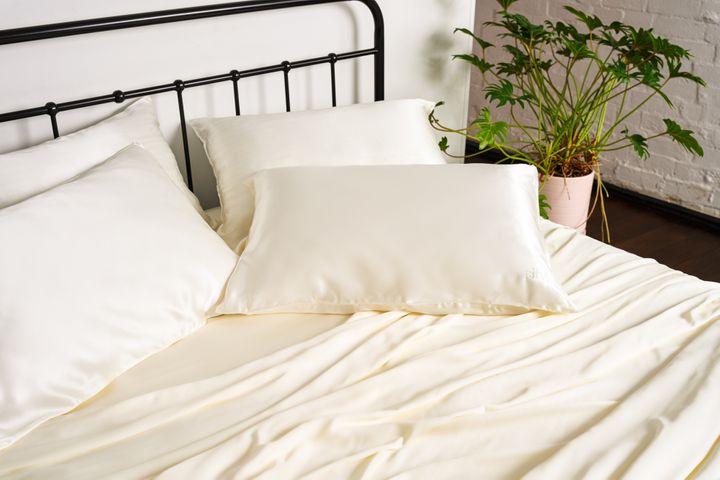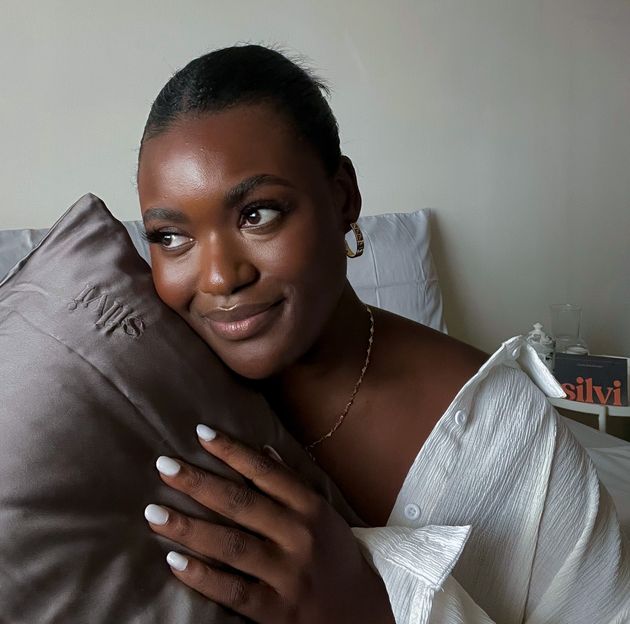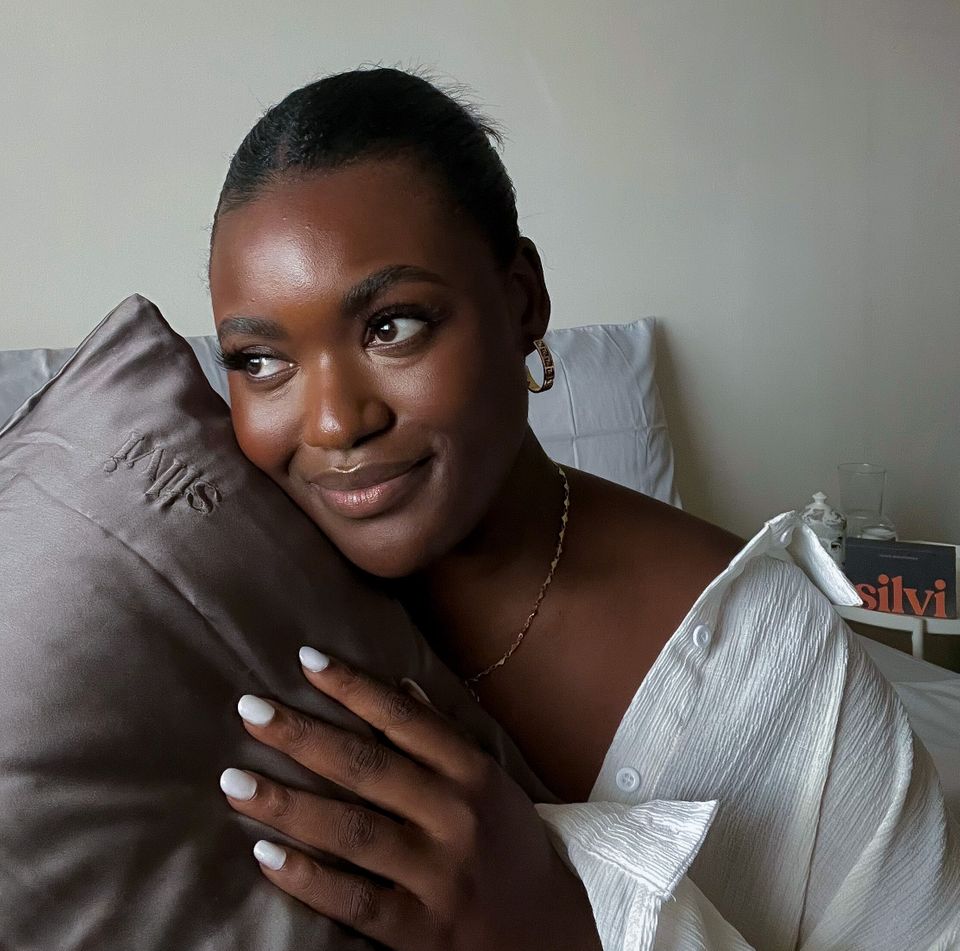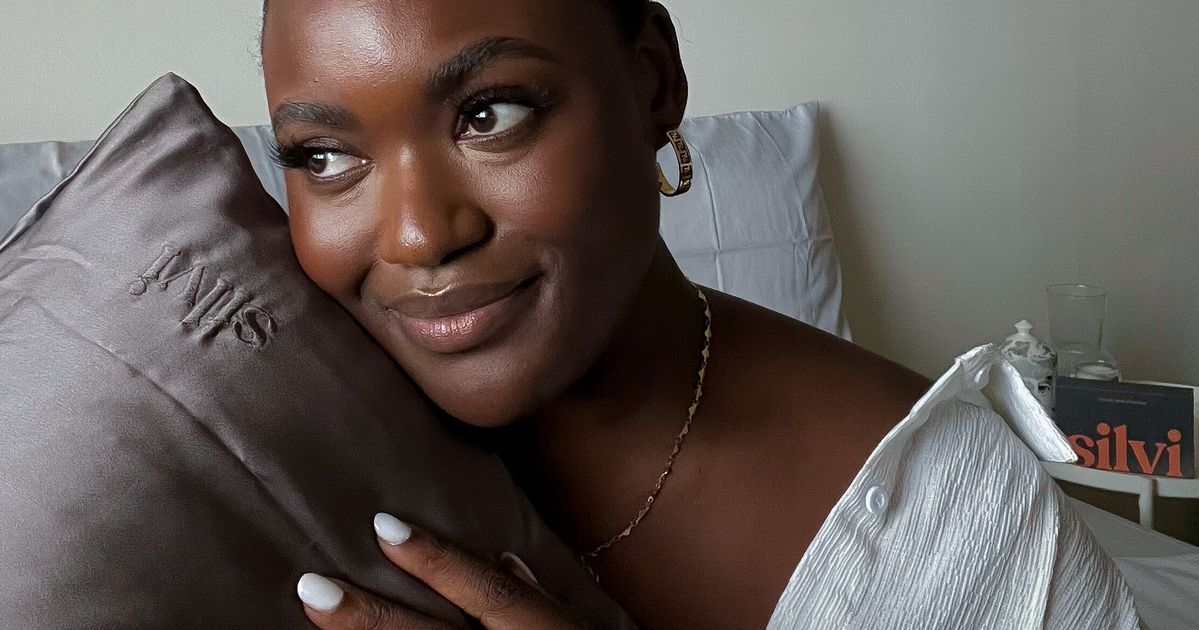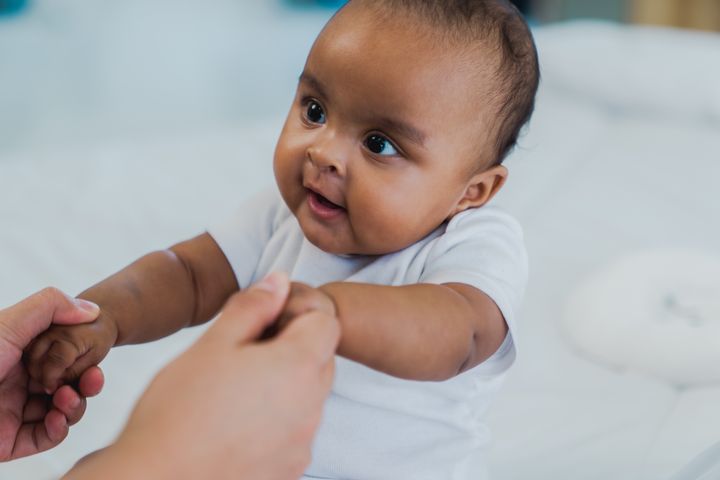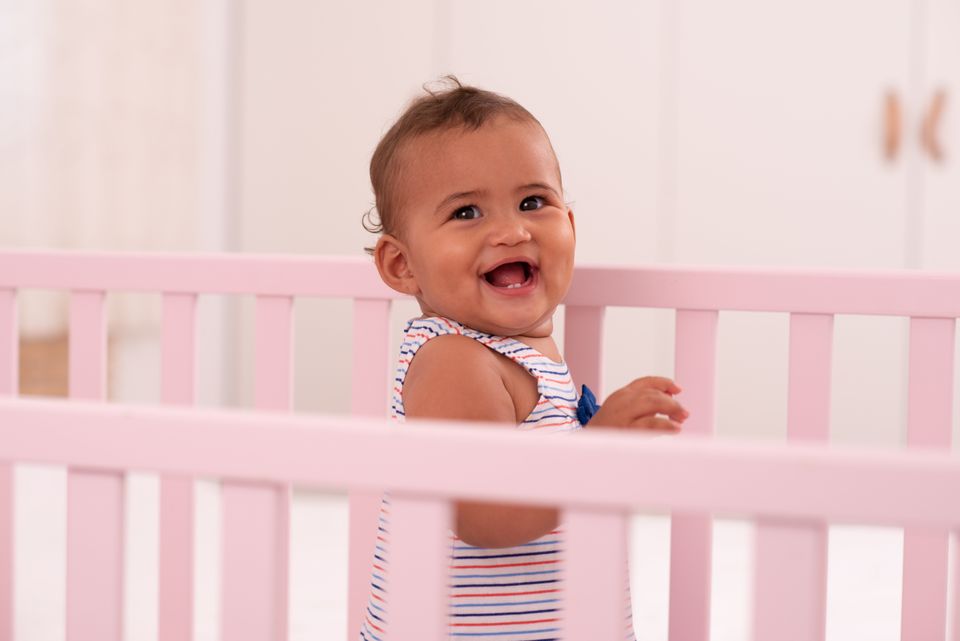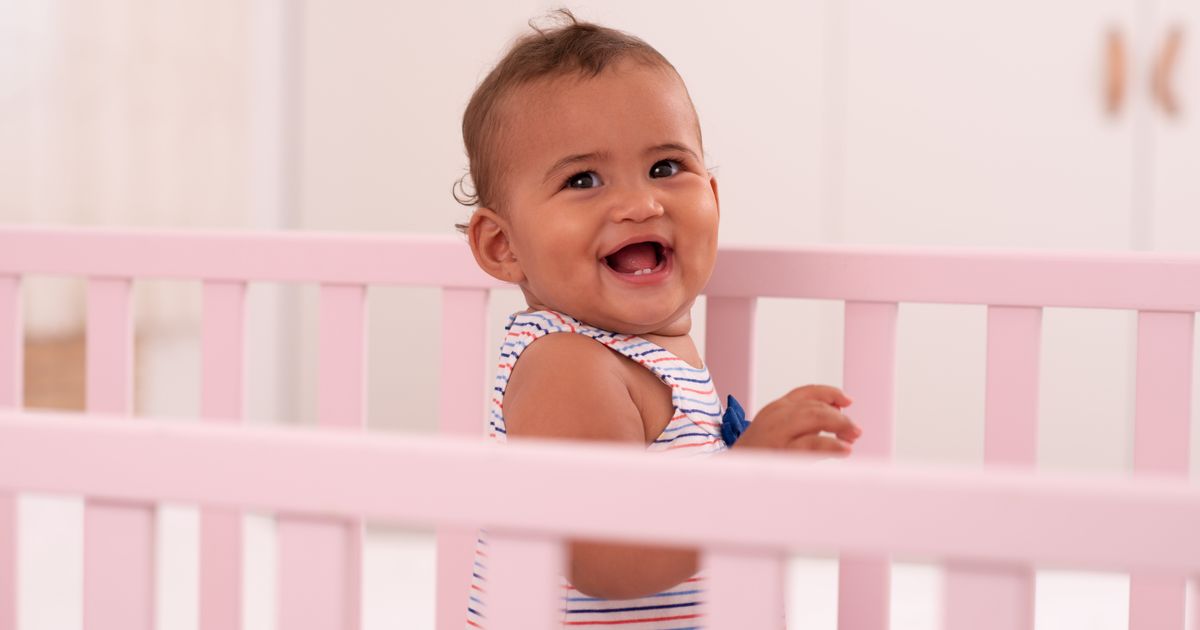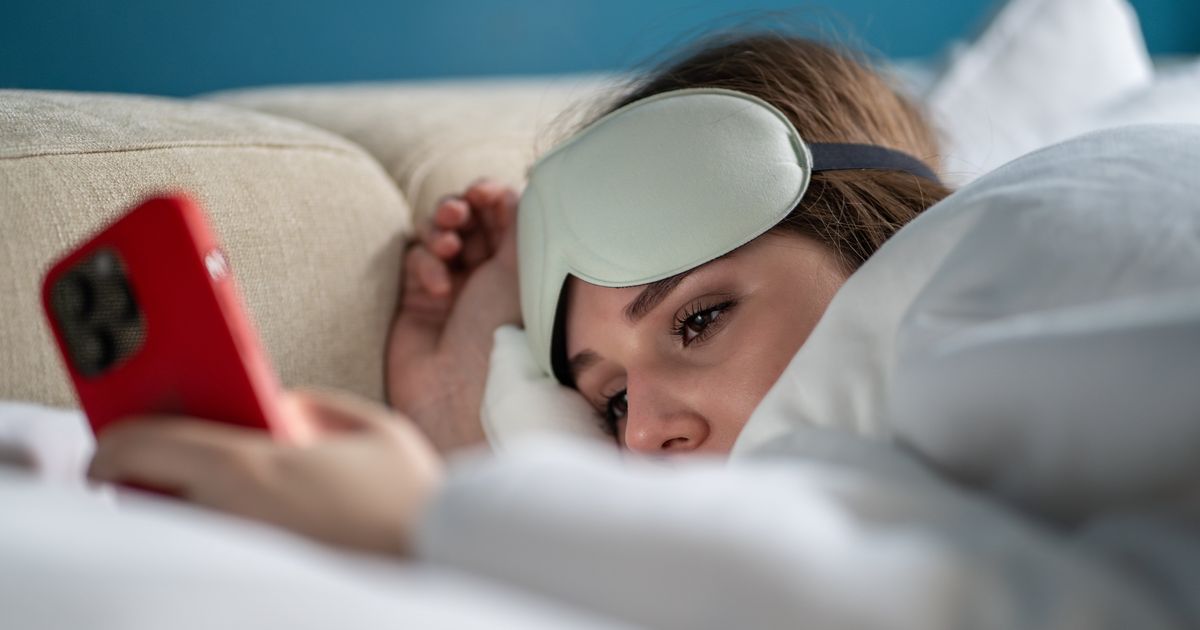
Do you ever find yourself putting off going to bed? It’s so strange, we complain about how tired we are all day, how much we’d love just a couple more hours in bed but when the time actually comes, suddenly there’s another episode we need to watch, another chapter to read, just one more scroll of social media.
We’re our own worst enemies.
According to Max Kirsten, Resident Sleep Expert for Panda London, this is actually something called ‘bedtime procrastination’ or ‘bedtime delay’ and it is the act of unnecessarily delaying going to bed despite having the intention to sleep.
Advertisement
What is bedtime procrastination and how do we overcome it?
According to Kirsten, there are several factors that contribute to bedtime procrastination:
Psychological factors
Kirsten warns that stress, anxiety, and mood disorders can contribute to bedtime procrastination. Even just the thought of facing another day, unresolved issues at work or home, can make bedtime seem daunting, prompting sleep delaying as a temporary distraction.
Poor time management
If you’re prone to procrastination throughout the day, that is likely to seep into your evening, warns Kirsten. This can lead to people postponing bedtime in favour of completing tasks or indulging in leisure activities.
Spending too much time with screens and technology
The convenience of phones and tablets means that it’s easier than ever to engage in stimulating activities late into the night. The blue light emitted from these screens can interfere with our sleep-wake cycle, making it harder to fall asleep, even once the devices have been put away.
How bedtime procrastination impacts our sleep
Disrupts the circadian rhythm
Kirsten warns that consistently delaying bedtime can disrupt the body’s internal clock, making it harder to fall asleep and wake up at the same time each day. This inconsistency can then lead to sleep disturbances and contribute to insomnia and sleep deprivation.
Advertisement
Poor sleep quality
Even if you do fall asleep after procrastinating, the quality of your sleep may be compromised. According to Kirsten, sleep that is fragmented or interrupted by frequent awakenings is less restorative and can leave individuals feeling groggy and unrefreshed upon waking.
Impact moods and mental health
Sleeping poorly can impact your mental health and emotional well-being, leading to irritability, mood swings, difficulty concentrating and heightened stress levels. Kirsten urges that over time, chronic sleep deprivation may contribute to the development or exacerbation of anxiety and depression.
How to stop procrastinating before bed
Make sure you have a consistent routine
Kirsten recommends that you establish a regular bedtime and wake-up time and ensure that you stick to it even on weekends as consistency helps to regulate the body’s internal clock and promotes better sleep quality.
Create a relaxing bedtime routine
Developing a calming bedtime routine signals to your body that it’s time to wind down. Kirsten recommends reading, taking a warm bath or trying some relaxation techniques such as deep breathing or meditation.
Limit screen time before bed
Avoid using electric devices for at least an hour before bed, as the blue light emitted from them can interfere with melatonin production and disrupt sleep.
Advertisement
Address any underlying issues
If you feel that stress, anxiety, or mood disorders are the underlying cause of your procrastination, seek support from a mental health professional.
Help and support:
- Mind, open Monday to Friday, 9am-6pm on 0300 123 3393.
- Samaritans offers a listening service which is open 24 hours a day, on 116 123 (UK and ROI – this number is FREE to call and will not appear on your phone bill).
- CALM (the Campaign Against Living Miserably) offer a helpline open 5pm-midnight, 365 days a year, on 0800 58 58 58, and a webchat service.
- The Mix is a free support service for people under 25. Call 0808 808 4994 or email help@themix.org.uk
- Rethink Mental Illness offers practical help through its advice line which can be reached on 0808 801 0525 (Monday to Friday 10am-4pm). More info can be found on rethink.org.

